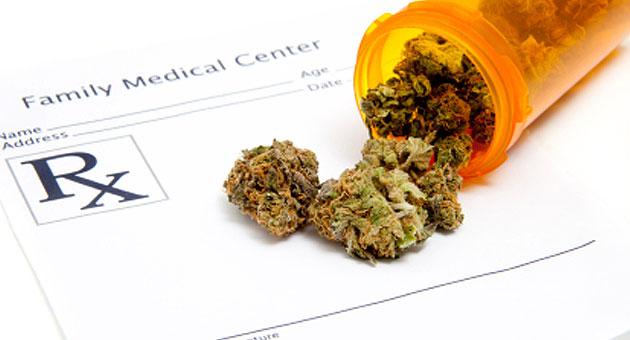This past November, 72% of voters in Florida approved the Florida Medical Marijuana Legalization Initiative (also known as Amendment 2), which legalizes medical marijuana for individuals with specific debilitating diseases or comparable debilitating conditions as determined by a licensed state physician.
There is still much left to be done with regards to implementing Amendment 2, but some patients may begin to wonder: what happens if I take a dose of medical marijuana as my physician prescribed and drove my car?
The short answer is you can still be arrested and convicted for driving under the influence, or DUI.
Under both federal and Florida law, marijuana is still a Schedule I controlled substance and possession of it is still illegal. Amendment 2 merely removes the criminal or civil sanctions under Florida law for the medical use of marijuana by a qualified patient/caregiver/physician. Amendment 2 specifically does not immunize violations of federal law. Amendment 2 also does not immunize any non-medical use, possession, or production of marijuana in violation of Florida law.
Now there are generally two ways for a driver to be arrested and convicted of DUI in Florida. The first method is for the prosecutor to prove that the driver’s breath/blood alcohol level is above a 0.08, and this is determined by either a blood test or a breath sample test using a breathalyzer machine.
The second method would be to prove that the person was under the influence of alcohol/chemical substance/controlled substance so that their normal faculties are impaired. The prosecutor would try to prove this using testimony from an officer who would describe the driving pattern, the appearance and behavior of the driver, how the driver performed on the field sobriety exercises, and the interrogation later done at the station. If an officer has “reasonable cause” to believe that the driver is under the influence of a controlled substance, they can request a urine sample from the driver in order to show the presence of any controlled substances in the driver’s system.
Florida law does not provide for any defense, exception, or immunity from arrest and conviction for DUI while under the influence of any physician-prescribed controlled substance. This would include controlled substances such as Klonopin, Valium, Vicodin, and OxyContin.
Likewise, since marijuana is still a controlled substance under both Florida and federal law, a person driving or in actual physical control of a vehicle could be arrested, and convicted if it were proven, that their normal faculties were impaired by that use.
So even though medical marijuana will now be legal in Florida under Florida law, you still cannot drive while under the influence of it even if you are taking your dosage as prescribed by your treating physician, as with any other controlled substance regardless of its schedule.
Having handled numerous DUI cases through trial with positive results, including marijuana-related DUIs, I know that it is critical to examine and challenge all of the evidence presented by the prosecution, whether trying to exclude the evidence, to obtain a dismissal of the charges, or to succeed at trial. There are lifelong ramifications associated with a DUI, so any decision must be treated seriously and examined closely.

